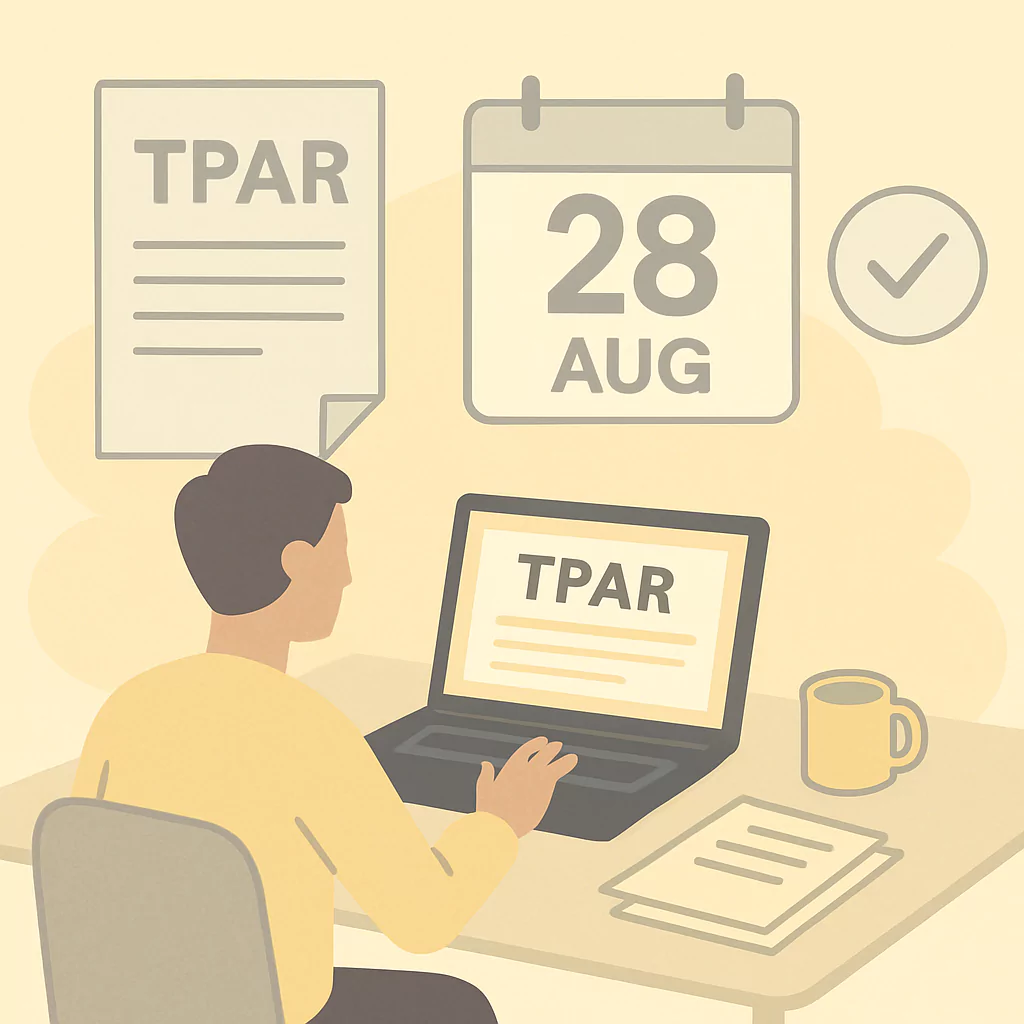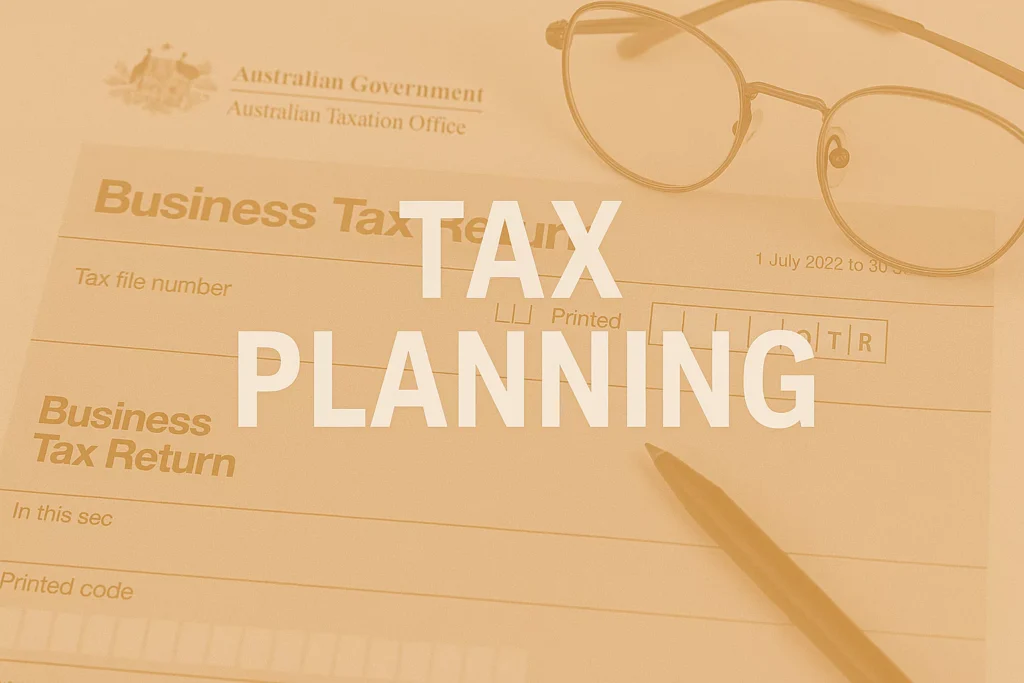SBSCH closing July 2026

The Small Business Superannuation Clearing House will close on 1 July 2026. The SBSCH is a free online service provided by the Australian Government through the ATO.
Payday Super Update Oct 2025

From 1 July 2026, employers will need to pay super at the same time as wages. The Government has introduced legislation to give effect to Payday Super. While it’s not yet law, watch this space for updates.
Do You Need to Lodge a TPAR by 28 August?

Need to lodge a TPAR? The 28 August deadline is fast approaching – don’t risk penalties. Contact us today for help lodging or advising the ATO if you’re not required to submit.
Auditing the valuation of SMSF assets

SMSF Trustees and auditors are still relying on outdated practices and risk breaches, penalties and compliance action.
Essentials Every New Business Owner Needs to Get Right from Day One

Starting a business? Discover the key steps every new business owner must take to stay compliant, manage cash flow and set up for long-term success.
July 2025 changes and deadlines

Stay on top of key employer obligations for 2025–26, including PAYG, STP, SG payments and updated car depreciation and tax thresholds.
How to manage business day-to-day transactions

The ATO has provided following tips for small business owners to make tax life easier — see if you agree.
Avoid delays releasing super money with these ATO tips

The ATO is reminding self-managed super fund (SMSF) trustees and members to carefully follow the correct steps when a release authority is issued.
ATO’s fervent focus on small business

The Tax Office has announced its major areas of interest regarding small businesses, highlighting a tougher stance on compliance and GST fraud.
Understanding early access to super

Early Super Access: Know the Rules, Avoid the Risks. We explain why accessing your super early can come with serious consequences.

